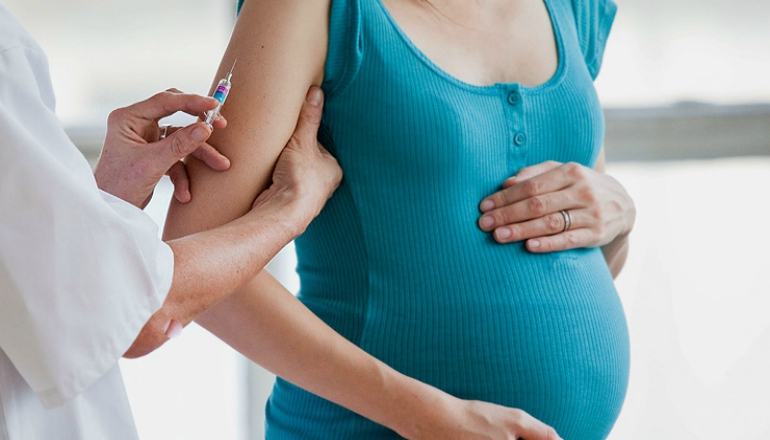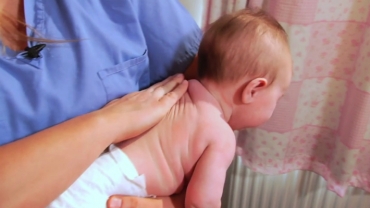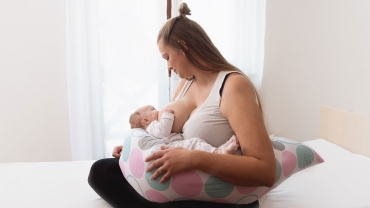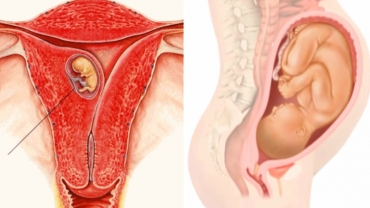
A flu shot provided to a woman during her pregnancy can help shield her newborn against the potentially deadly infection, researchers report.
The study, conducted in Bangladesh, bolsters longstanding U.S. recommendations that pregnant women get vaccinated against influenza—especially since it is also recommended that infants under 6 months of age not receive the shot.
“Our data show that a single dose of maternal influenza vaccine provides a considerable two-for-one benefit to both mothers and their young infants,” wrote a team led by Dr. Mark C. Steinhoff, of Johns Hopkins University’s Bloomberg School of Public Health, in Baltimore.
The study was published online Sept. 17 in the New England Journal of Medicine. Steinhoff was also expected to present the findings Wednesday at a Washington, D.C., meeting focused on the flu shot, sponsored by the U.S. National Vaccine Advisory Committee.
In the study, Steinhoff’s group pointed out that maternal influenza infection during pregnancy carries health risks for the mother and her offspring, including fetal malformation and even infant death. In fact, “childhood deaths associated with influenza are most frequent in infants under the age of 6 months,” the authors noted.
For more than a decade, experts at the U.S. Centers for Disease Control and Prevention have recommended that pregnant women get a flu shot. The vaccine is also recommended for infants between 6 and 24 months of age. It is not recommended for younger babies.
However, the researchers knew that newborns can pick up some immunity to the flu virus from maternal antibodies circulating in the fetal environment.
So, would antibodies stimulated by a flu vaccine given to the mother protect her baby?
To find out, Steinhoff’s team tracked the health of a group of 340 Bangladeshi mother-infant pairs during 2004-2005. Some of the women received a flu shot during their pregnancy, while others did not. The researchers then tracked levels of respiratory illness among both moms and babies for the first 24 weeks after delivery. Infants were not vaccinated against the flu during this time.
The researchers found that babies born to vaccinated mothers had a 63 percent lower risk of laboratory-confirmed influenza compared to babies whose mothers who had not received the flu shot. The incidence of any type of respiratory illness with fever also declined, from 153 cases among infants born to unvaccinated mothers to 110 cases among babies whose mothers had gotten the flu shot.
“In other words, five pregnant women would need to be vaccinated to prevent a single case of respiratory illness with fever in a mother or infant,” the team concluded. One case of laboratory-confirmed influenza among infants would be prevented for every 16 shots given to pregnant women, they found.
The researchers noted that, despite the current CDC recommendations, few expectant mothers in the United States currently receive the flu shot — even though “the general safety of this strategy has been shown.” This trial — the first randomized, prospective study on the topic yet conducted — offers what they call “unique evidence supporting the strategy of maternal immunization to prevent influenza infection in young infants and their mothers.”
- 37 views













